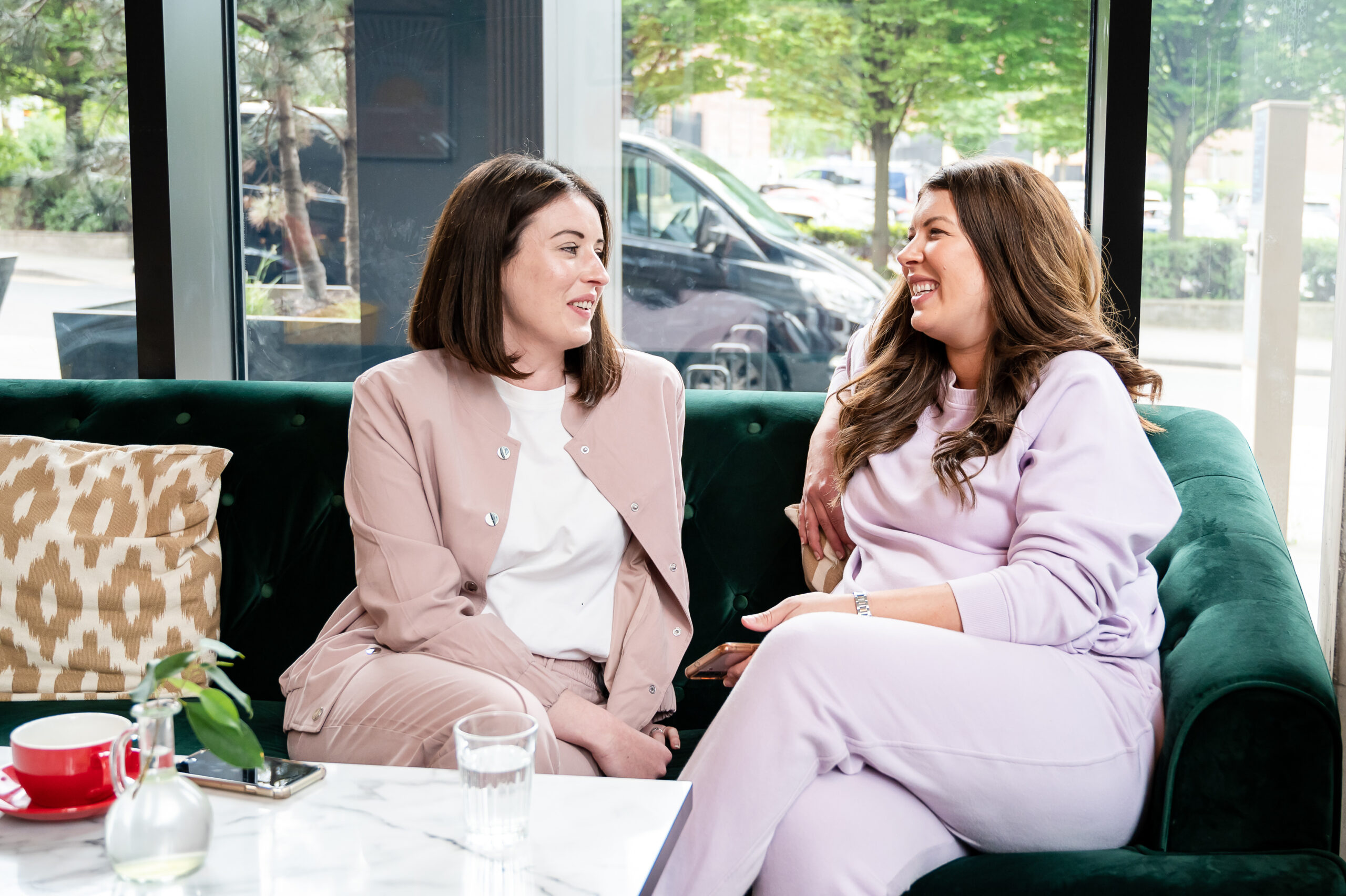Here’s why you should pay into your partner’s pension
Paying into your partner’s pension can make sense for many reasons. For a start, it helps to even out a couple’s retirement savings, making it fairer if one person takes time out of work to care for children or other family members.
There is a pension gap between the sexes — women have about 35 per cent less private pension wealth than men. By age 55 men have an average of £145,000 saved into their pension while women have £94,000.
Paying into both pensions will mean that both partners have financial security, even if they split up, and there are also tax advantages in retirement. This is because you each get a tax-free personal income allowance — at the moment it is £12,750 a year. Retirement income, including the state pension, is taxed in the same way as any other income, so you will pay 20 per cent tax on income between £12,750 and £50,270 a year in England and Wales. On income above £50,270, you pay the higher 40 per cent rate. Thresholds are different in Scotland.
“A couple with their own individual pension pots can make use of both personal income tax allowances, meaning the first £25,140 of joint income would be tax-free,” Rowan Harding from the advice firm Path Financial said.
A full state pension will take up pretty much all your personal allowance, but if you retired before state pension age, you could take tax-free income from your private pensions.
Harding added: “You will also each have your own 25 per cent tax-free cash entitlement from the pension pot, which is not subject to income tax.”
The pension has to be set up by the person themselves. You can’t open a pension on someone else’s behalf, unless it is a junior pension for a child. But once it’s open, you can make contributions simply using a debit card. Make sure you don’t go over their annual tax-free contribution allowance, which is 100 per cent of their annual earnings or £60,000 (whichever is lower). It’s £3,600 if they don’t work.
The idea of paying into a partner’s pot may not be popular, however. When one listener asked The Vault podcast how she could persuade her partner to pay into her pension while on maternity leave, the feedback was surprisingly negative.
“It didn’t even cross my mind. I don’t know anyone who’s done this,” said one commenter on the clip.
“I can’t agree with this. He’s already supporting the household financially if she isn’t earning her full amount. That’s not fair to ask of him,” another said.

Holly Holland from the education app Financielle, which runs the podcast, said: “Some said they had never thought about the pension penalty you get during maternity leave and that it was a lightbulb moment for them. But many were critical, saying that it somehow suggested divorce was inevitable.”
When Holly, 34, was on maternity leave with her children, now aged eight and five, topping up her pension wasn’t something she or her husband, Neil, considered. They are now playing catch-up because her husband’s pension is considerably bigger than hers.
They pay their wages into a joint account and money from it goes into her self-invested personal pension (Sipp). Neil is employed as a salesman, so his pension savings will be higher because he gets employer contributions. Holly is self-employed. They aim to pay in the equivalent of 15 per cent of Holly’s income.
• The five tax loopholes Rachel Reeves is likely to slam shut

Holly’s sister Laura Pomfret, with whom she founded Financielle, is in a similar situation. When she went on maternity leave with her children, now six and two, she was a lawyer and the main earner in the family. But the company paid only statutory maternity pay, so her income took a big hit. She and her partner, Carl, carried on paying in to her pension from their joint account. “My view was that my pension shouldn’t take a back seat just because I was on leave and not earning much,” said Laura, 37.
“Your pension contributions should be higher up the priority list than Netflix, eating out or golf lessons. A pension is not a ‘nice-to-have’ or an emergency fund. It’s literally your future. I was really lucky that my partner was supportive of that.”
When you pay into someone else’s pension, they get tax relief. Basic-rate tax relief is added automatically, so if you pay in £80, it is topped up to £100 by the government. If they are a higher or additional-rate taxpayer, they can claim tax relief of 40 or 45 per cent from HMRC through a self-assessment tax return.
If they are not working up to £2,880 can be paid in each tax year and they will get 20 per cent tax relief, taking the total to £3,600. This allowance has not changed since it was introduced in 2001 and The Sunday Times is calling for it to be raised in line with inflation — if it had been, it would now be £6,448.
Some couples may be tempted to prioritise a higher-rate taxpayer’s pension because they get more tax relief. This may be even more worthwhile if they earn more than £100,000 — the income threshold at which they start to lose their personal allowance, and free childcare.
But the aim is to achieve a balance because you also need to consider the tax that you will pay as a couple in retirement. You can withdraw money from a private pension from age 55, although this is rising to 57 in 2028.
• My £435,000 pension is frozen — now I can’t retire
Nicholas Nesbitt from the accountancy firm Forvis Mazars said the idea of contributing to the lower-earning spouse’s pension is often overlooked, but could be useful if the other spouse has a lot of money in their pension and so risks busting the 25 per cent lump sum tax-free limit of £268,275.
The other time it’s worthwhile paying into a partner’s pension is if a high earner has used up their £60,000 a year pension contribution allowance, or if they have a lower allowance. (It is reduced by £1 for every £2 of earnings over £260,000. If you earn more than £360,000, the amount you can pay into a pension while benefiting from tax relief is £10,000.)
There are rumours that pensions tax relief will be changed to a flat rate in the budget on October 30, which could increase the incentive to pay into a lower earner’s pension.
Claire Exley from the investment firm Nutmeg said: “It’s always important for women to consider their individual pension savings. They live longer than men on average, so need larger pension pots to last through those additional years.”




Post Comment